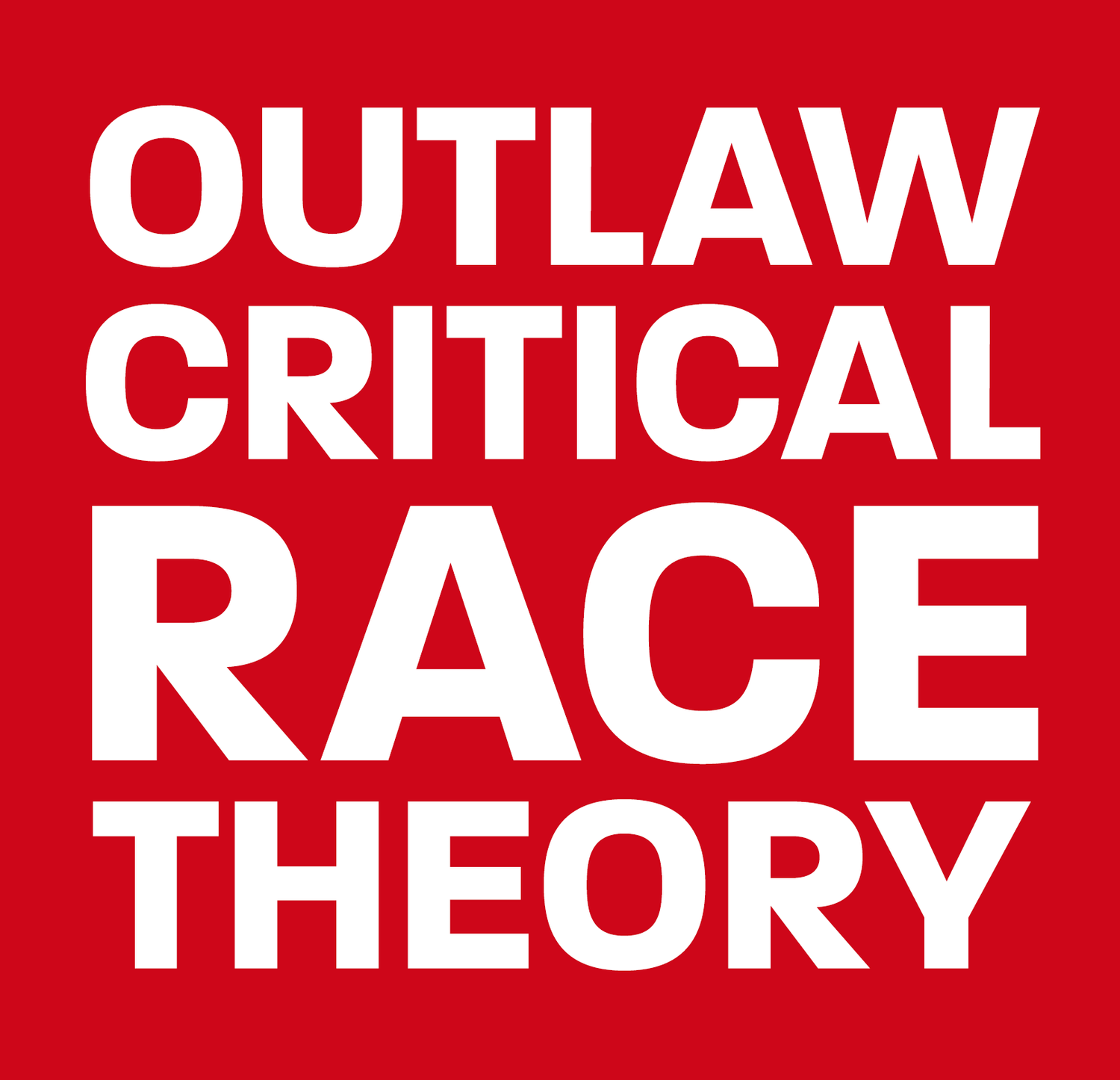The 1619 Project Unrepentantly Pushes Junk History
Originally Published on Reason Magazine
Nikole Hannah-Jones' new book sidesteps scholarly critics while quietly deleting previous factual errors.
"I too yearn for universal justice," wrote Zora Neale Hurston in her autobiography, Dust Tracks on a Road, "but how to bring it about is another thing." The black novelist's remarks prefaced a passage where she grappled with the historical legacy of slavery in the African-American experience. Perhaps unexpectedly, Hurston informed her readers that she had "no intention of wasting my time beating on old graves with a club."
Hurston did not aim to bury an ugly past but to search for historical understanding. Her 1927 interview with Cudjoe Lewis, among the last living survivors of the 1860 voyage of the slave ship Clotilda, contains an invaluable eyewitness account of the middle passage as told by one of its victims. Yet Hurston saw only absurdity in trying to find justice by bludgeoning the past for its sins. "While I have a handkerchief over my eyes crying over the landing of the first slaves in 1619," she continued, "I might miss something swell that is going on in" the present day.
Hurston's writings present an intriguing foil to The New York Times' 1619 Project, which the newspaper recently expanded into a book-length volume. As its subtitle announces, the book aims to cultivate a "new origin story" of the United States where the turmoil and strife of the past are infused into a living present as tools for attaining a particular vision of justice. Indeed, it restores The 1619 Project's original aim of displacing the "mythology" of 1776 "to reframe the country's history, understanding 1619 as our true founding." This passage was quietly deleted from The New York Times' website in early 2020 just as the embattled journalistic venture was making a bid for a Pulitzer Prize. After a brief foray into self-revisionism in which she denied ever making such a claim, editor Nikole Hannah-Jones has now apparently brought this objective back to the forefront of The 1619 Project.
Vacillating claims about The 1619 Project's purpose have come to typify Hannah-Jones' argumentation. In similar fashion, she selectively describes the project as a work either of journalism or of scholarly history, as needed. Yet as the stealth editing of the "true founding" passage revealed, these pivots are often haphazardly executed. So too is her attempt to claim the mantle of Hurston. In a recent public spat with Andrew Sullivan, Hannah-Jones accused the British political commentator of "ignorance" for suggesting that "Zora Neale Hurston's work sits in opposition to mine." She was apparently unaware that Dust Tracks on a Road anticipated and rejected the premise of The 1619 Project eight decades prior to its publication…

